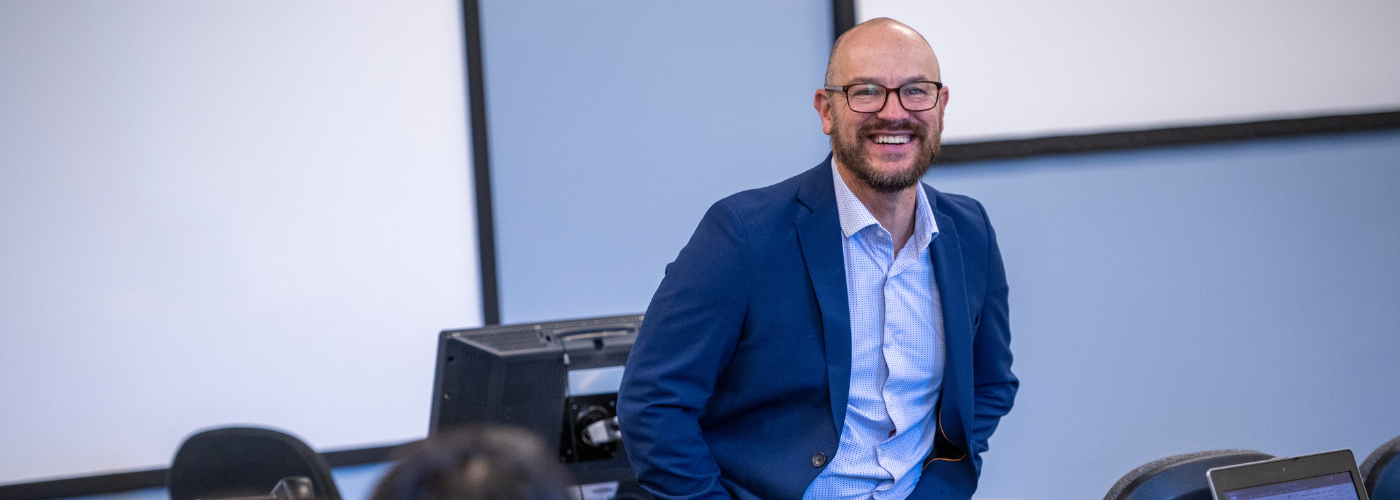Find Your Program
If you are considering a seminary education, Denver Seminary’s fully online, on-campus, and blended program options make it possible for students to fit graduate education into their busy lives. Many students enter seminary without a clear path in mind. If you’d like to discuss what program options make sense for you, please contact at Admissions@DenverSeminary.edu and an admissions counselor will be in touch to help you determine where to start.
You can also learn about our traditional, blended, and online program delivery options.
Our Master of Divinity (MDiv), Master of Arts (MA), Counseling, and Master of Theology (ThM) degree programs provide foundational biblical and theological studies and practical skills to prepare you for church, parachurch, business, nonprofit, education, and other vocations. For those not seeking a vocation, our programs are a valuable option for engaging deeply in biblical and theological studies. Our 79-hour MDiv program offers the broadest and deepest preparation for ministry and can be completed in three to four years of full-time study. Our MA (40-52 hours) and ThM (30 hours) provide a variety of options to meet your needs. Courses are conveniently offered on-site at both our locations, fully online, or in a hybrid format.
Read more about “Masters”Master of Theology (ThM)
Denver Seminary’s Doctor of Ministry and Doctor of Philosophy in Counselor Education and Supervision provide opportunities for students to explore more deeply their passion for ministry or counseling. These programs are fully online with summer intensives.
Denver Seminary certificates can be earned together with a degree or separately. Certificates provide the perfect complement to educational programs you have already completed and make it possible to return to school to develop your skills and expertise when seeking another degree is not the right option.
Certificates
- Anglican Studies Certificate
- Biblical and Theological Studies Certificate
- Biblical Hebrew and Semitic Languages Certificate
- Biblical Languages Certificate
- Global Theology Certificate
- Hebrew Exegesis Certificate
- Leadership Certificate
- New Testament Greek Certificate
- Old Testament/Hebrew Bible Certificate
- Pastoral Care and Counseling Certificate
- Professional Chaplaincy Certificate
- School Counseling Certificate
- Spiritual Direction Certificate
- Spiritual Formation Certificate
- Theology, Justice, and Social Advocacy Certificate
Korean Global Campus
Earn a Master of Divinity, MA (Biblical and Theological Studies), or Doctor of Ministry through our Korean Global Campus.
Additional Educational Opportunities

Along with our masters and doctoral level degree programs, Denver Seminary offers several educational opportunities that are not for graduate level credit but still help prepare individuals for various forms of ministry and work.

